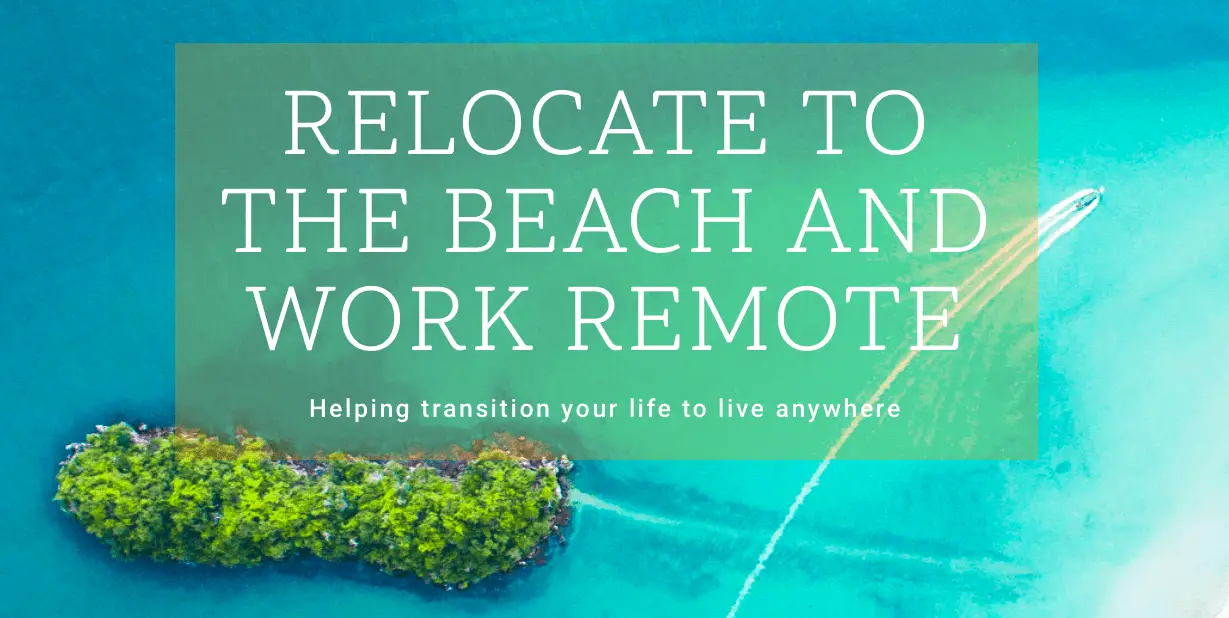With the authorization of the first vaccine against COVID-19 in Costa Rica and the preparations for its application, a glimmer of hope looms in the population; However, the health authorities are emphatic in pointing out that neither the Pandemic has ended nor can we lower our guard. This means that hand washing, use of a mask, and social distancing will continue to be key for all efforts to bear fruit.
Officials and experts from both the Ministry of Health and the Costa Rican Social Security Fund (CCSS) announced this Tuesday 15th part of the institutional strategy for the vaccination campaign in the national territory, which is scheduled to begin during the first quarter of next year.
An exact date has yet to be defined, which will depend on logistics with Pfizer for distribution in the country (and later with AstraZeneca, as well as other organizations and companies). However, it was already anticipated that it will be done throughout all 2021.
Doctor Roberto Arroba, from the Health Surveillance Directorate, explained that the process will continue throughout the next year due to the installed capacity at the local level to maintain and distribute the medicine.
The country has insured six million doses, enough to immunize three million people (since two doses are required), which will arrive in different stages. The foregoing will allow the groups to be injected depending on the priority defined from the risk group to which they belong.
Additionally, it must be taken into account that the vaccine needs extreme refrigeration conditions, which implies special freezers that store at -70 ° C (when it comes to prolonged periods of up to six months). The National Emergency Commission (CNE) is processing the purchase of 14 of these units to function as a distribution center for all vaccinations in the country. Already in health facilities, the drug resists temperatures between 2 and 8 ° C for at least five days.
The coordinator of the Expanded Immunization Program of the Fund, Leandra Abarca, commented that the entire distribution has to respond to a very defined vaccination schedule to avoid problems with doses, so doing it throughout the year favors this logistics .
Shared responsibility
The health authorities insisted that, although these advances represent encouraging news, the vaccine alone will not reduce infections in the country, so it is essential to maintain the health measures that have been established so far, such as social distancing, the use of masks in public spaces, handwashing, among others.
The CCSS virologist, Teresita Somogyi, explained that both the Pfizer and AstraZeneca vaccines are based on RNA, which induce the production of antibodies that protect against lung infection, that is, they reduce the amount of virus that is excreted and the time of excretion; however, they do not stop the transmission of the virus. This means that a person can be immunized and still infect another person.
On the other hand, Abarca explained that the drugs require two doses because the studies carried out showed that in a first application around 50% of immunity is reached, so another dose is needed to achieve a significant percentage of defense against the Virus. On this point, the authorities appealed to the responsibility of patients to comply with the entire vaccination scheme.
In the end, what the authorities seek is to move from an individual immunity (when the person is no longer prone to getting sick from the Virus) to a collective one (where the population that becomes ill is smaller and does not belong to risk groups).
Priority
The populations defined to receive vaccines first are:
- Older adults in retirement centers (increased risk of becoming ill, having complications and dying) and its workers.
- Older adults (in general).
- People with risk factors (chronic diseases such as hypertension, diabetes mellitus, obesity, among other ailments, that make them at greater risk of becoming ill, having complications and dying).
- First responders: health personnel who are more exposed to the Virus, at risk of becoming ill and infecting vulnerable people.
Also on the priority list:
- Adults 58 years and older.
- People with risk factors: hypertensive, diabetic, heart disease, chronic respiratory disease, chronic kidney disease, grade III and morbid obesity, cancer.
- Ministry of Public Education.
- Penitentiary Centers.
- Judicial Branch Workers.
- 9-1-1 staff.
- Health science students and related technicians in clinical fields.
- Population aged 40 to 57 without any other of the risks previously described, who carry out work activities related to contact with people or impact on the productive sector: agriculture, construction, customer service, restaurants, domestic workers, among others.
Groups not to be vaccinated yet
CCSS officials explained that the vaccines will not be applied to minors, pregnant or lactating women because there are no studies on the safety of their use and efficacy in these populations.
According to the Health authorities, with the doses acquired so far (six million), three million people can be vaccinated, which represents 80% of the population, taking into account that the vaccine is not applied to minors.
The arrival of the doses will take place throughout 2021 and that is why the Fund prepares an entire plan for the application of vaccines at the national level where the discipline of the population is needed, since the vaccination scheme consists of the application of two doses, 21 (Pfizer) or 28 days (AstraZeneca) apart (depending on the vaccine).
Vaccination against COVID-19 will include everyone at risk, even if they are not insured. The authorities assured that the application of the drug will not be in the “mandatory” mode, as recommended by the World Health Organization (WHO); however, it is trusted that most people will agree to take the doses.

